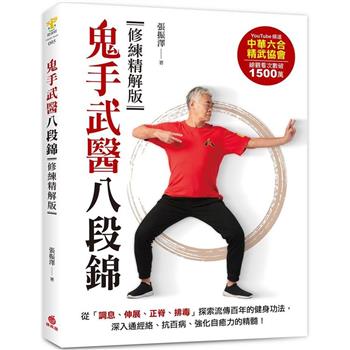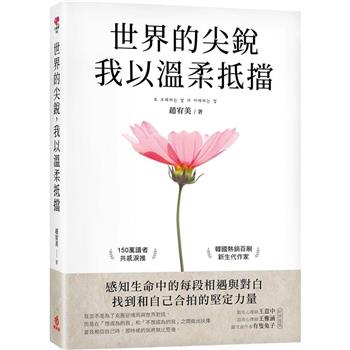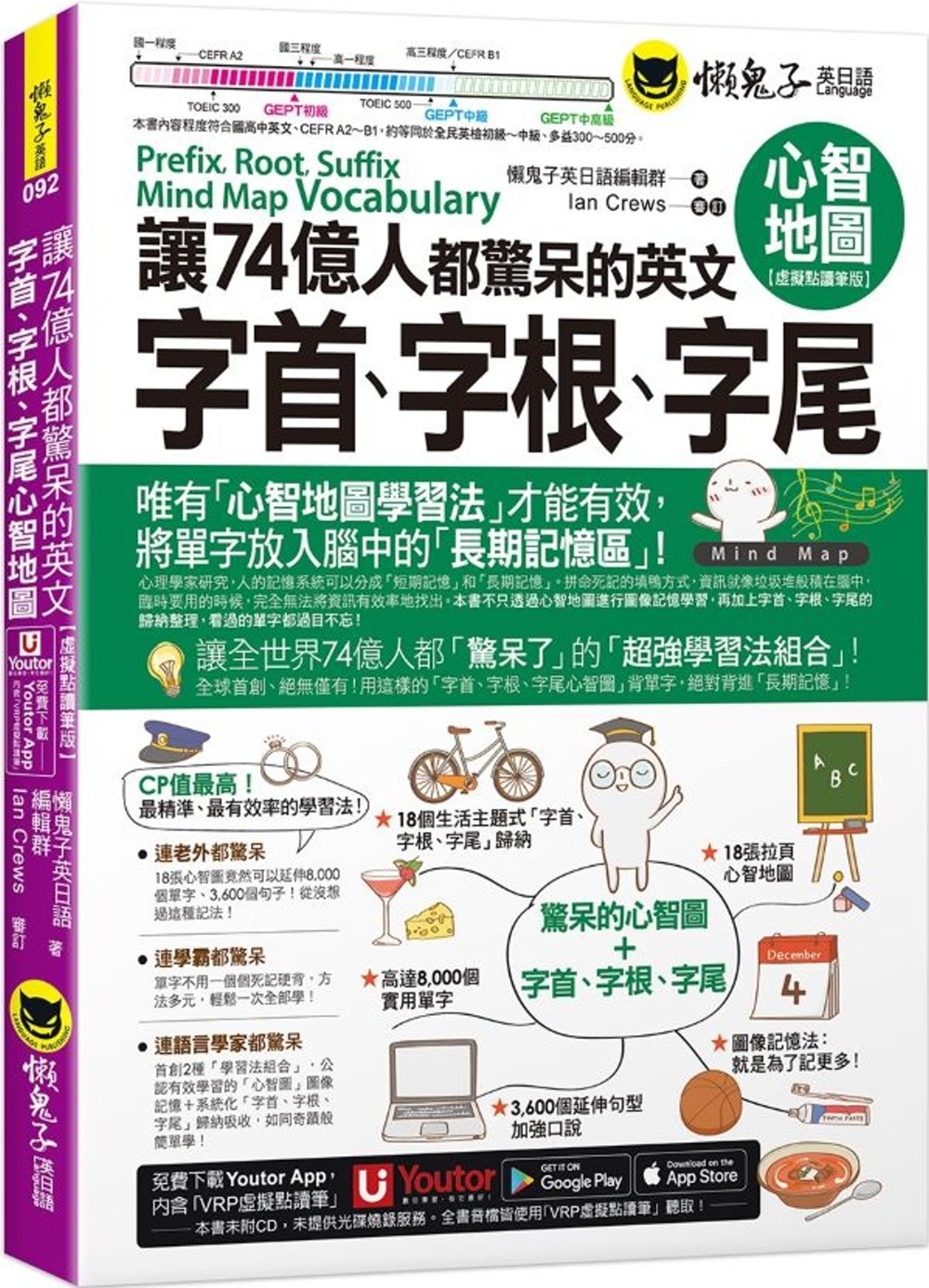Performing Parenthood reveals different enactments of motherhood and fatherhood in twentieth- and twenty-first-century Spain, showing how the family has adapted, or at times failed to do so, within the context of Spain’s changing socioeconomic reality.
Through an examination of examples of non-normative parenthood in contemporary Spanish literature and film - including gay literary father figures, subversive physical touch between mother and child, fathers who cross-dress, lesbian maternal community building, non-biological parenting, and disabled bodies - the book argues that current conceptualizations of parenthood should be amplified to reflect the various existing identities and performances of motherhoods and fatherhoods.
Connecting canonical works to recent works, the book establishes a unique dialogue that will expand the conversation about the Spanish family beyond the traditional view, bringing visibility to alternative family models. It argues that parental identities exist on a spectrum, enabling many parental figures to disregard heteronormative standards imposed upon the role and allowing them to experience parenthood in meaningful ways. Bringing visibility to literary and cinematic examples of alternative Spanish families, Performing Parenthood provides a glimpse into an evolving society influenced by national and global changes.












